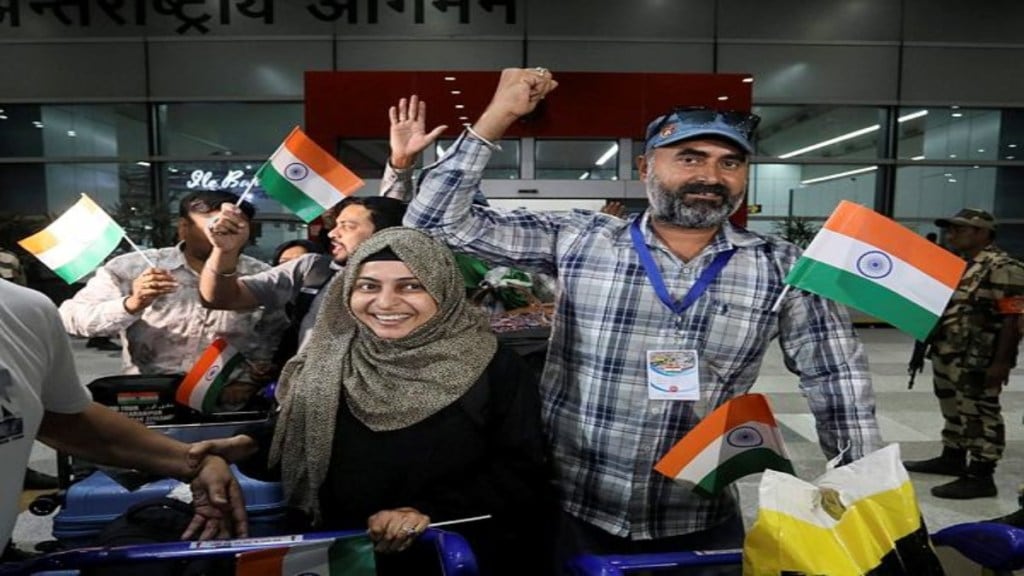Israel-Iran War: The Iran–Israel war and the Indian government’s evacuation of its citizens, especially students under Operation Sindhu, have once again raised the question: why do so many Indian students choose to study medicine abroad? According to estimates from the Ministry of External Affairs, approximately 2,050 Indian students are pursuing medical education in Iran alone, a significant number from Kashmir, and tens of thousands more in other countries, according to an Indian Express report.
Why are medical aspirants moving out of India?
Despite the increase in MBBS seats across India, the competition for admission remains intense. In 2024, over 22.7 lakh candidates appeared for NEET-UG, vying for about 1.18 lakh MBBS seats. Of these, only about half are in affordable government colleges.
“For students who cannot secure a top rank, private colleges often cost crores,” said Dr Pawanindra Lal, former executive director of the National Board of Examinations in Medical Sciences, as quoted by IE. “In contrast, studying medicine abroad can cost one-tenth of that.”
Why do many Kashmiri students choose Iran?
A significant proportion of Indian students in Iran come from Kashmir. The region shares deep historical and cultural ties with Iran. “Kashmir is often referred to as Iran-e-Sagheer,” said Professor Syed Akhtar Hussain of Jawaharlal Nehru University.
He highlighted the historical and religious connections between Kashmir and Iran, where Shia Islam has a strong presence. Iranian universities like Tehran University of Medical Sciences and Shahid Beheshti University often offer affordable options and even reserved quotas known as the “pargees quota” for Kashmiri students.
Challenges and risks of studying abroad
While studying medicine abroad may be cheaper and less competitive, experts warn of several pitfalls. “Some foreign universities offer medical programs that do not match local licensing requirements,” said Dr Lal. “Students must ensure they can practice in the host country after graduation.”
The Indian National Medical Commission (NMC) requires all foreign-trained doctors to complete a 54-month course, internship in the same institute, and pass the Foreign Medical Graduate Examination (FMGE). The pass rate is dismally low, just 25.8% in 2024, forcing most returning graduates to wait years before they can practice.
Call for greater transparency and regulation
Dr Lal believes the NMC should publish a list of approved foreign colleges and universities. “This will help parents and students make informed choices,” he noted. Without better information and transparency, students risk investing time and money in education that may not prepare them for medical practice back home.

